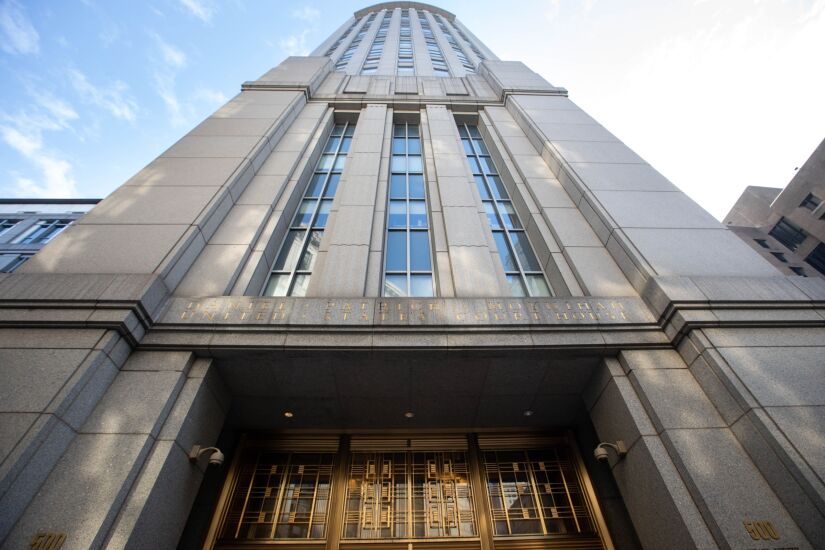There's that saying about roads and good intentions, and the Paycheck Protection Program is perhaps one of the best examples of this.
In the early days of the country's grappling with COVID-19, businesses deemed nonessential closed their doors and Americans were encouraged to stay home. Those steps sent the unemployment rate skyrocketing.
Congress acted quickly to try and ensure that as many people kept receiving a paycheck as possible. Thus, the
Business owners could apply for PPP loans and use those funds to continue to pay their employees, even if they had to shutter their doors. The loans could be forgiven if the business owners followed certain guidelines.
Roughly 11.5 million loans were made for more than $790 billion in just a matter of months. In that respect, the program could be considered a success. It got an incredible amount of money into the pockets of millions of Americans in an unheard amount of time.
However, the rollout of the program was also chaotic, and with so much money being handed out with so little oversight, PPP loans proved attractive to fraudsters. Now the initial success of the program is being overshadowed by headlines highlighting the millions — likely billions — lost to fraud. Although a total is still unknown, some estimates put the total fraud at up to
Here is a look at some of the developments related to PPP fraud so far and the potential long-term effects.










